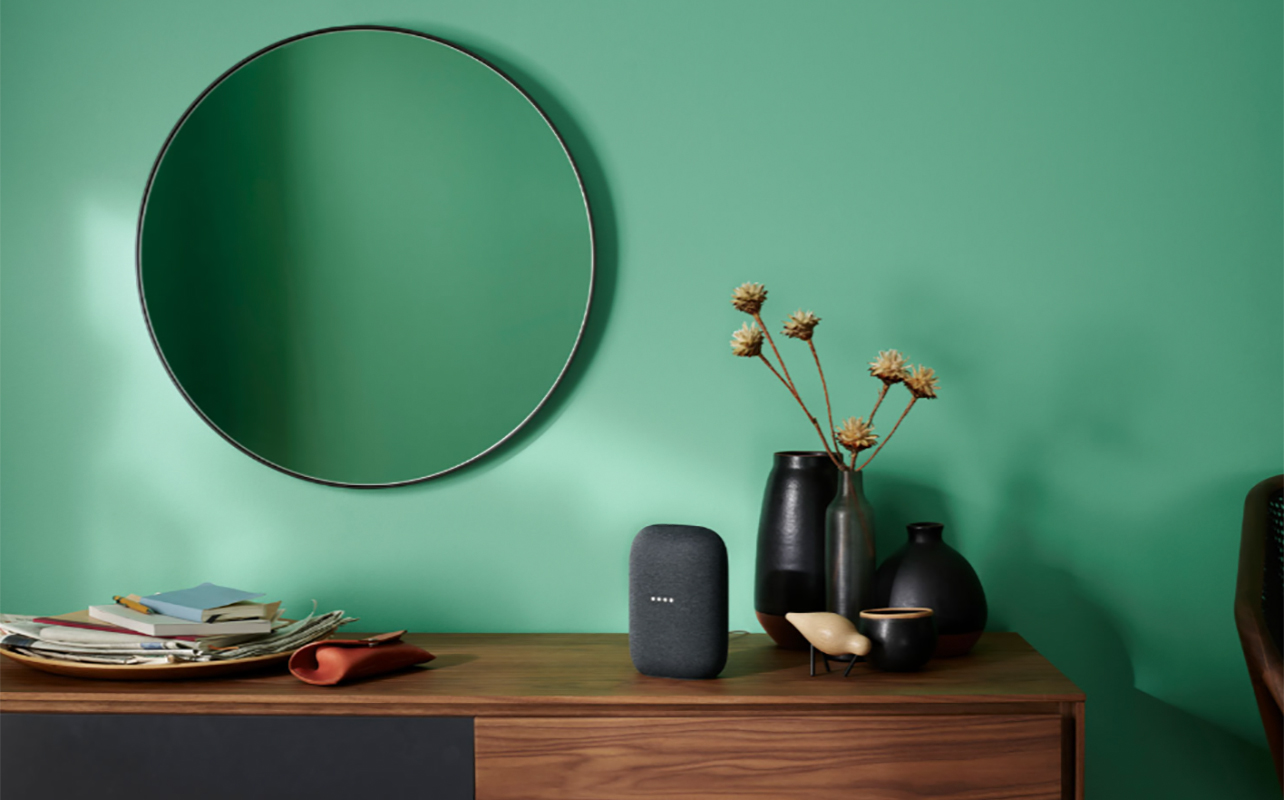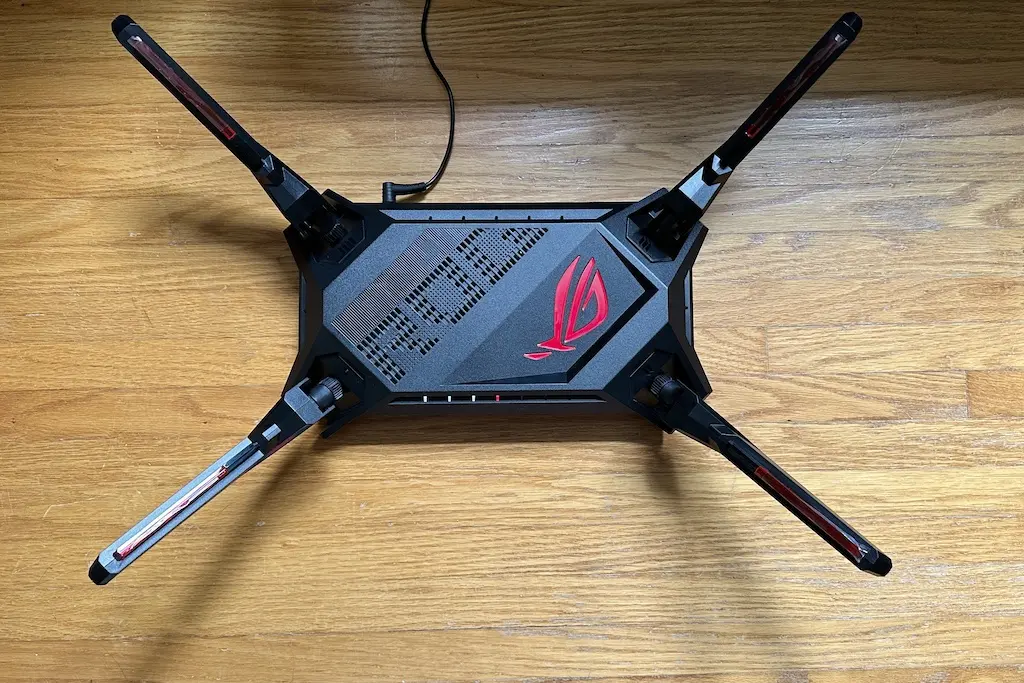
Mesh Wi-Fi and wireless routers are two of the most critical—and often overlooked—parts of setting up a reliable connection. From video calls to HD streaming, your Wi-Fi needs to keep up. But should you stick with a traditional router or switch to a mesh Wi-Fi system? Both can keep you connected, but the right choice depends on your space. Factors like the number of devices you’re running and how much multitasking you do will affect which setup is best.
You can explore both wireless routers and mesh Wi-Fi systems at Best Buy to find the best fit for your home.
Why Wi-Fi setup matters for your space
You might have a laptop for work, a tablet for reading, and a phone for staying connected—all of these depend on Wi-Fi at the same time. That makes a reliable connection essential.
If you live in a smaller space, a traditional wireless router may be enough. But in larger homes or multi-storey layouts, dead zones can be a problem, especially in basements, attics, or far corners. That’s where a mesh Wi-Fi system comes in. Mesh networks use multiple access points to blanket your home with strong, reliable coverage so you can stream, game, and work from any room without interruptions.
Multiple devices share the same bandwidth
When multiple devices connect to a single router, they share the available bandwidth. Think of it like a highway: with only a few cars, traffic flows smoothly, but as more cars enter, congestion builds, and everything slows down. With Wi-Fi, that can mean lag during video calls, buffering while streaming, or long download times. The type of router you use, where it’s placed, and whether you upgrade to mesh Wi-Fi can make a big difference in keeping everything running smoothly.

What is mesh Wi-Fi and how does it work?
Mesh Wi-Fi is designed to solve one of the biggest frustrations with traditional routers: spotty, inconsistent coverage. Instead of a single device broadcasting your signal, mesh systems use multiple nodes working together to create one seamless network. You can move from the living room to the basement or even out to the backyard without losing your connection.
Consistent signal coverage with mesh Wi-Fi
The result is reliable coverage that eliminates “dead zones” in tricky spots like attics or far bedrooms. At the same time, it also gives you the convenience of easy app-based setup and management. Many systems, like Google Wi-Fi, can be controlled right from your smartphone. Mesh is also scalable, so you can add more nodes if you move into a larger space. To get started, check out our whole-home mesh Wi-Fi systems at Best Buy.
What is a traditional router?
A traditional wireless router is the type of device you are already likely familiar with. It connects directly to your modem and broadcasts Wi-Fi from a single point. While simpler in design, it still offers advantages that make it a reliable choice for many spaces.

The upside to a traditional Wi-Fi router
Traditional routers are typically more cost-effective, making them a budget-friendly option compared to mesh. They’re also straightforward to set up, often working right out of the box in small apartments or spaces. Modern models can still deliver impressive performance, with support for high speeds and dual-band or even tri-band signals. This will still offer you plenty of power for streaming, gaming, and video calls.
Explore your Wi-Fi router options
If you’re only covering one or two rooms, a traditional router is likely all you need. You can explore the latest wireless routers at Best Buy. If you’re considering an upgrade, check out our guides on why you should replace your ISP’s router and how to buy the right router for your home.

Mesh Wi-Fi vs. traditional routers: key differences
When you compare mesh Wi-Fi and traditional routers side by side, the differences come down to coverage, performance, and flexibility. Let’s take a look at some of the advantages of Mesh Wi-Fi technology:
Mesh Wi-Fi provides greater coverage and consistency
Mesh systems use multiple nodes to blanket your entire space in a consistent signal. This keeps speeds steady whether you’re in your living room, bedroom, or areas further away from central spaces like a basement. They’re designed for modern multitasking, making them ideal for video calls, streaming, and uploads on multiple devices at once.
Mesh Wi-Fi setup and scalability
Setup and control tend to be more user-friendly with Mesh Wi-Fi. Many systems feature app-based tools that let you manage guest networks or check performance remotely. The trade-off is cost; mesh tends to be more expensive upfront, though it’s scalable if you move to a larger space.
Traditional routers are budget-friendly and offer a streamlined setup
Traditional routers, on the other hand, are a simpler and more budget-friendly option. They deliver great speeds when you’re close to the device, but performance can drop off as you move farther away or run into walls and obstacles. Setup is usually basic, often through a browser or limited apps, and while you can expand coverage with range extenders, the experience isn’t as seamless as mesh.
Ultimately, mesh system is the better long-term solution for bigger spaces and heavier usage, while traditional routers still shine in smaller homes or apartments, where simplicity and cost matter most.
Which type of Wi-Fi network is best for your space?
Choosing between a mesh Wi-Fi system and a traditional router really comes down to your living situation:
- Small apartment or condo: A traditional router often provides reliable speed and stability in a simple, affordable package.
- Larger shared apartment or multi-floor home: Mesh Wi-Fi really shines here. With multiple nodes covering every room or floor, it eliminates weak spots and ensures smooth connectivity for everyone in the household. If you rely heavily on video calls, HD streaming, or cloud-based work, the stability of mesh Wi-Fi can be a worthwhile investment.
When to upgrade your router setup
Not sure if it’s time to upgrade your router setup? There are a few telltale signs that your current Wi-Fi might be struggling to keep up with your needs:
- Dropped video calls
- Devices disconnecting when you move between rooms
- Lag or buffering while streaming
- Rooms with little to no signal
If this sounds familiar, it could be time to consider a mesh Wi-Fi system for consistent coverage—or at the very least, a newer, more powerful router to keep your online connections running smoothly.
Final thoughts on mesh Wi-Fi vs. traditional routers
Both mesh Wi-Fi and traditional routers have an important role in modern setups. The right choice depends on your space and how you use it. For smaller homes with just a few devices, a traditional router may be all you need. But for larger homes with multiple users and devices, a mesh Wi-Fi system provides seamless, consistent coverage across every room.
Explore your options today via bestbuy.ca by checking out mesh Wi-Fi systems, the Google Wi-Fi collection, or our range of wireless routers to find the perfect fit for your space.





